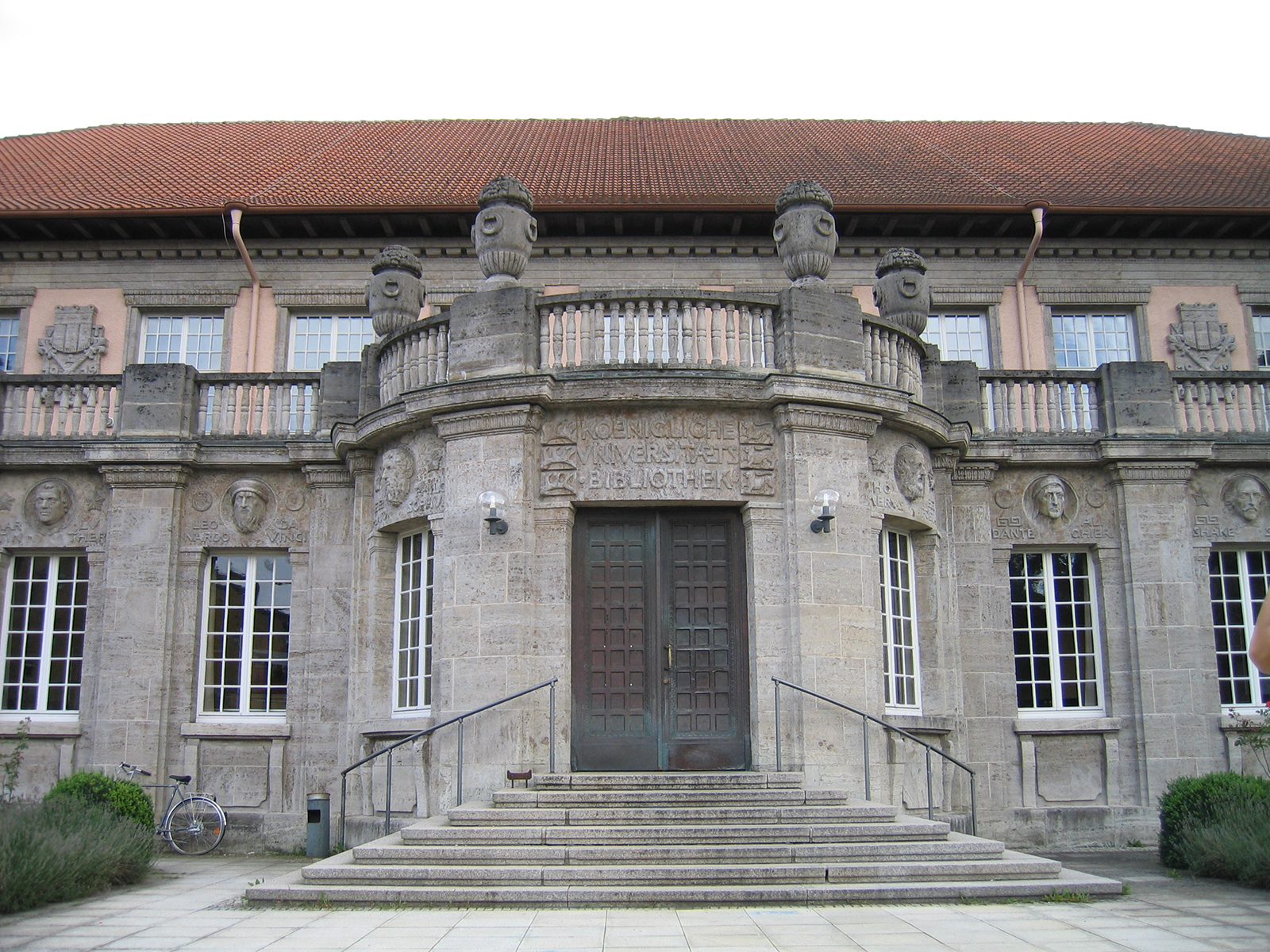University of Tübingen Appoints Three Professors to Lead Research on Right-Wing Extremism
The University of Tübingen has filled three professorships at the new Institute for Research on Right-Wing Extremism (IRex). Professor Léonie de Jonge researches “Political Actors, Organizations and Ideologies” and thus represents the first political science professorship in the field nationwide. Professor Annett Heft will deal with right-wing extremism from a media studies perspective, Professor Heike Radvan from an educational science perspective. All three professors will begin their work at the University of Tübingen in the course of the 2024/25 winter semester.
“The fact that we have been able to attract three internationally renowned researchers who are examining the topic from very different perspectives and experiences is a great benefit for research and teaching in the field of right-wing extremism research,” said Science Minister Petra Olschowski. “I am convinced that the research work of the three professors will make a very important contribution to better understanding and communicating the roots and mechanisms of right-wing extremism and its effects on our society. This is the basis for being able to counteract it in a targeted manner. With this long-term institution of IRex, the state is doing pioneering work for right-wing extremism research – and thus making a significant contribution to strengthening democracy.”
“The three professorships research right-wing extremism from a subject-specific and transdisciplinary perspective,” says Professor Dr. Dr. hc (Dōshiha) Karla Pollmann, Rector of the University of Tübingen. “The research is carried out in close cooperation with civil society and practice and is therefore appropriate to the social and political relevance of the topic. With the IRex, the University of Tübingen has created unique conditions for research into right-wing extremism in Germany thanks to the support of the state of Baden-Württemberg.”
Léonie de Jonge is currently Professor of European Politics and Society at the University of Groningen, Netherlands, where she works at the Documentation Center for Dutch Political Parties. She researches right-wing populist and right-wing extremist parties and actors from an international comparative perspective. Through her international network in the professional world, she makes a decisive contribution to the visibility of the institute and the research focus in political science.
Annett Heft has been head of the research group “Dynamics of Digital Mobilization” at the Weizenbaum Institute for the Networked Society in Berlin since 2022. She also researches patterns and dynamics of conspiracy theories and right-wing extremist ideologies at the Institute of Journalism and Communication Studies at the Free University of Berlin. Heft’s research focuses on the comparative analysis of political analog and digital communication and mobilization in Europe. She combines innovative approaches to communication research with an interdisciplinary perspective.
Heike Radvan has held the professorship for “Theories and Methods of Social Work with a focus on community work and right-wing extremism research” at the Brandenburg Technical University Cottbus-Senftenberg (BTU) since March 2017. At IRex, she will be profiling educational research into right-wing extremism. This will be linked to concept development for political and cultural education. In addition to her analyses of East German specifics, she combines her scientific expertise in a unique way with many years of experience in civil society counseling and prevention practice, including from a gender-reflective perspective.
By establishing the IRex in 2023 at the University of Tübingen, the state implemented one of the recommended measures of the second NSU investigative committee of the Baden-Württemberg state parliament. The research results are intended to help strengthen democracy in the state and civil society. The IRex is represented by the two managing directors PD Dr. Rolf Frankenberger and Reiner Baur. With the appointment of the three professors, interdisciplinary research at the IRex can start from the winter semester of 2024/25. “With the establishment of the IRex, unique structures have been created that make it possible to research right-wing extremism and its social ties on a permanent and systematic basis,” says Frankenberger. “We were able to attract three outstanding scientists to fill our social mission with scientific life.”
The IRex cooperates closely with the Documentation Centre for Right-Wing Extremism at the General State Archives in Karlsruhe as well as with national and international universities and research institutions. The results of these diverse collaborations flow into the “Extreme Right Research Platform” currently being set up, as well as into the collaboration with civil society and state actors. “By involving social actors, research can gain important impulses and reflect its findings more effectively. Transfer research plays a key role in this,” said Reiner Baur.
The high number of positions in the field of right-wing extremism at the University of Tübingen is unique in Germany and will be expanded further in the coming year: The University of Tübingen is establishing a professorship for social science research into anti-Semitism. The appointment process is currently underway.

